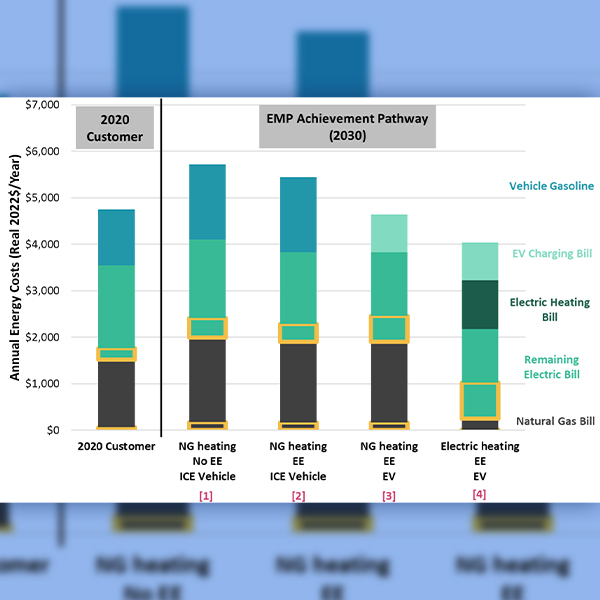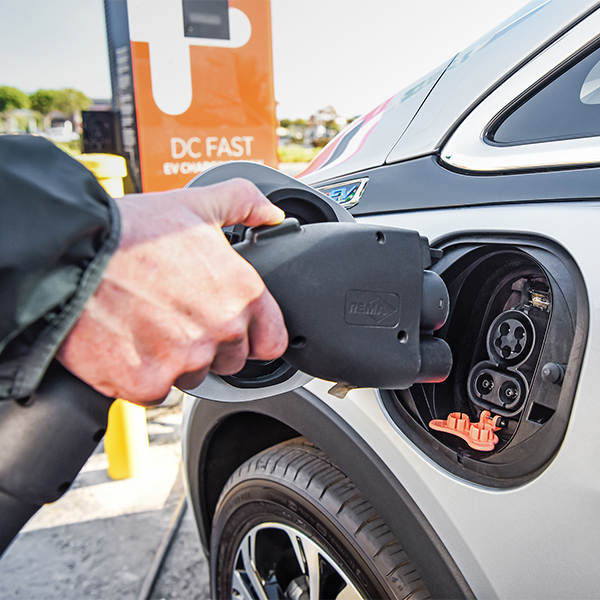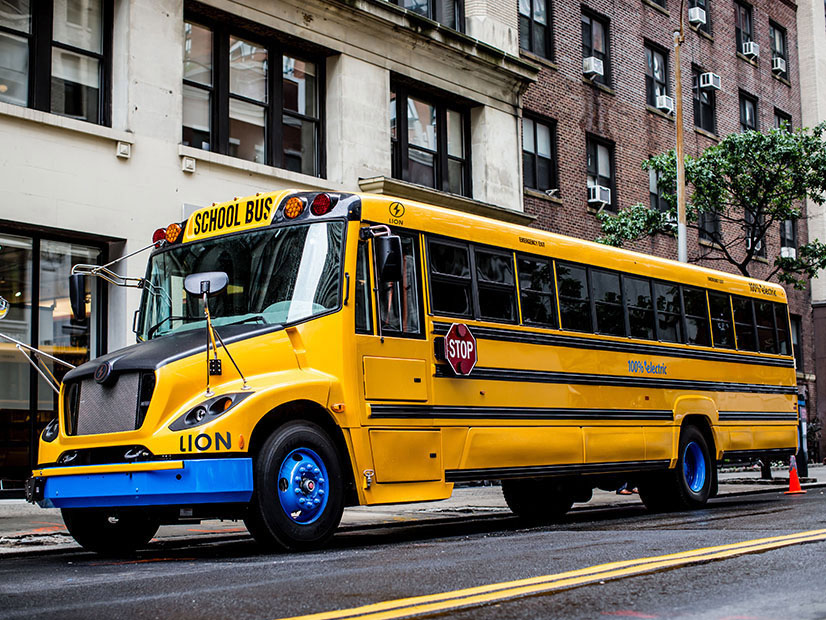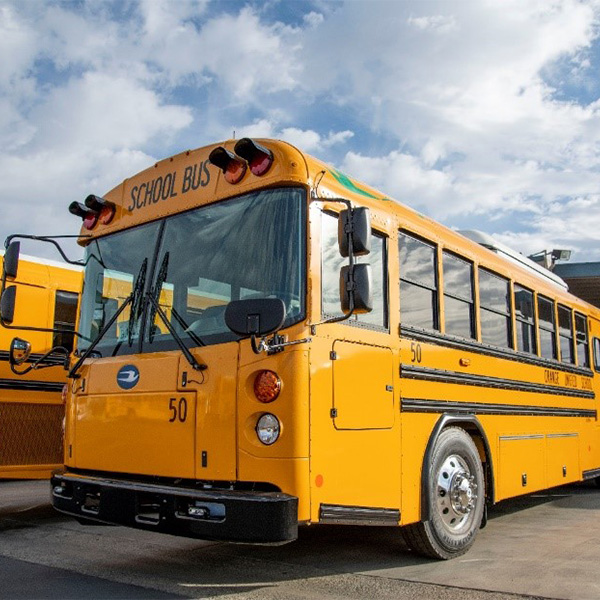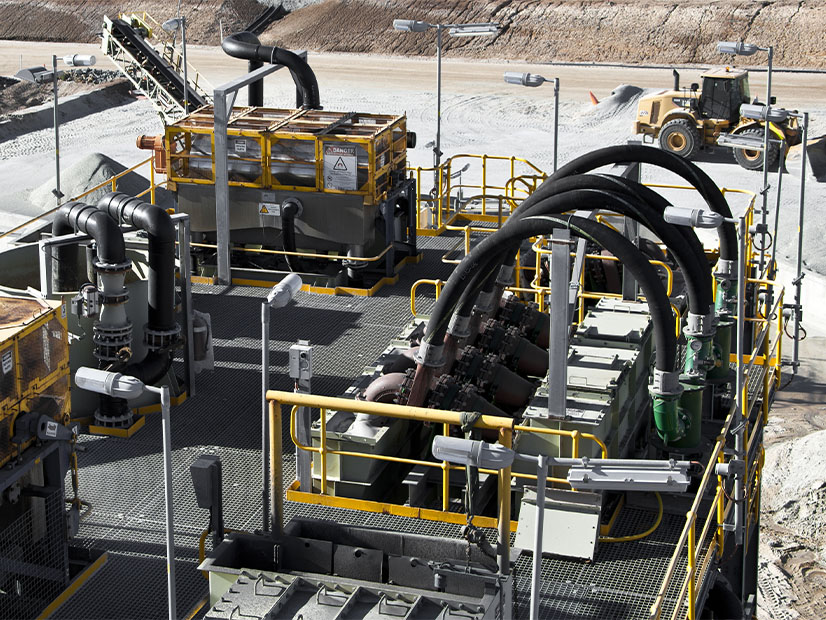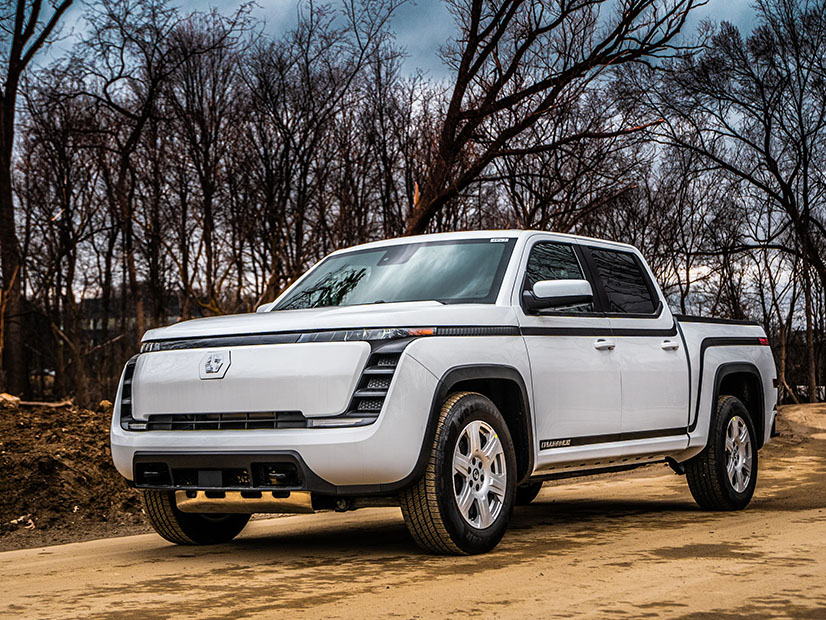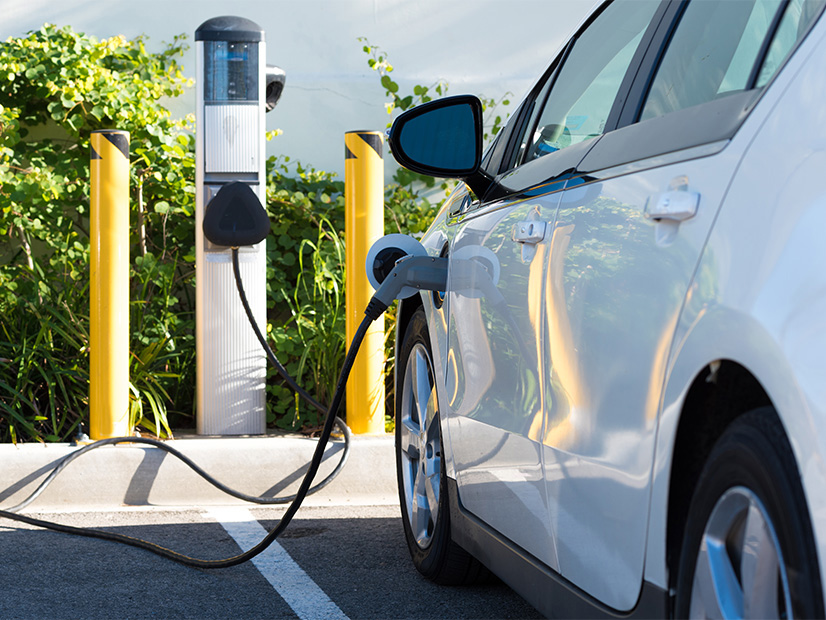Transportation Decarbonization
Airplane DecarbonizationEV chargersHeavy-duty vehiclesBattery Electric Buses (BEB)Fuel Cell Electric Buses (FCEB)Light-duty vehiclesBattery Electric VehiclesFuel Cell VehiclesPlug-in hybrid electric vehiclesShip electrificationClean Ports
Oregon found it is on track to meet its greenhouse gas reduction goal for 2035 earlier than that date, so it moved the target to 2030.
A study of ratepayer impact from New Jersey's Energy Master Plan concluded that clean energy-conscious residents could see a 16% cost reduction under the plan.
New Jersey will spend $10.8 million to fund the purchase of heavy-duty EVs, including 10 electric school buses, and install 62 fast-charging stations.
DOT announced $1.66 billion in infrastructure bill grants to nearly double the number of non-emission buses on the nation’s roads with just one year of funding.
A panel convened by the American Council on Renewable Energy largely agreed that MISO’s transmission benefits process could be a blueprint for the country.
The CT Green Bank’s president says electric school buses could help reduce peak demand on the power grid and increase resilience in Connecticut communities.
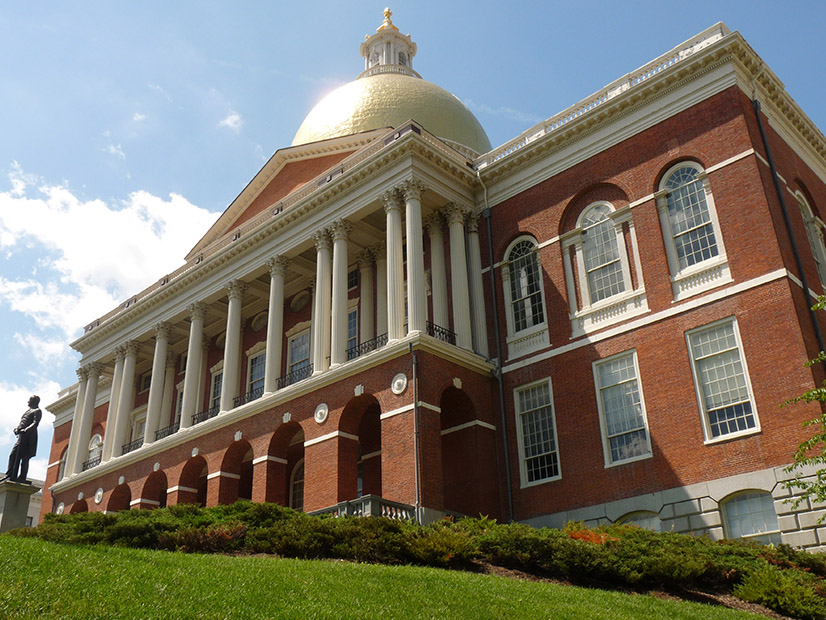
Ramontxotx, CC BY-SA-3.0, via Wikimedia
After a few days of wavering, Massachusetts Gov. Charlie Baker signed a compromise climate and clean energy bill sent to his desk by the state legislature.
DOE is consolidating its portfolio of critical mineral programs in a bid to build a domestic supply chain of materials needed to decarbonize the economy.
Ohio-based Lordstown Motors said it will begin manufacturing its light-duty electric truck model, the Endurance, in the next six to eight weeks.
New Jersey could encourage greater use of EVs in overburdened communities by targeting incentives and creating EV ride-sharing plans, a new report says.
Want more? Advanced Search

